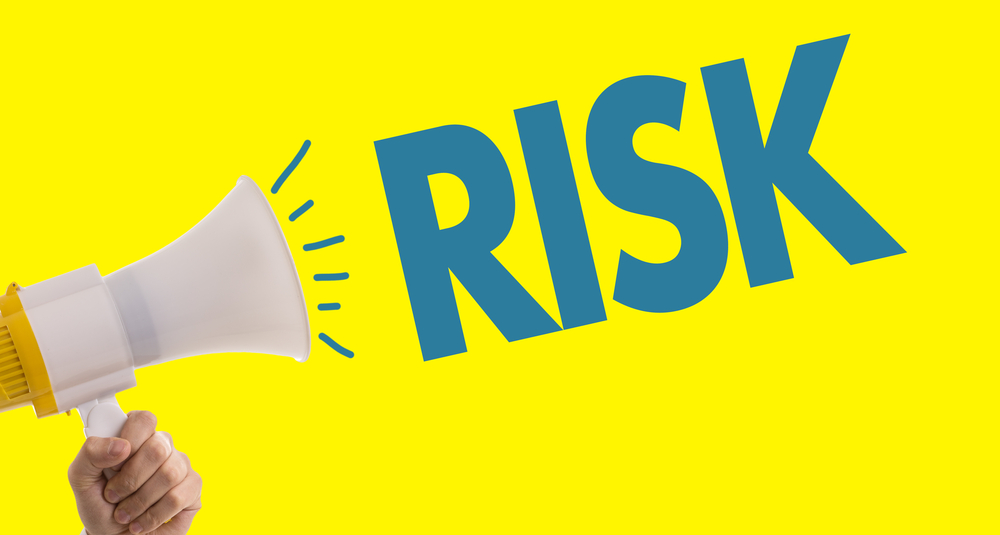In the absence of evidence…
Posted on 25th November 2013 by Alice Buchan

Whilst evidence-based practice is often held up as the aim for all practice, it’s important to accept that not all practice is evidence-based. This often brings up the alternatives to EBM [1].
I encountered this on a recent clinical attachment, where many treatments were used on the basis that patients given them seem to get better, but on the basis of relatively little empirical evidence. I saw patients with bone infection (osteomyelitis), and after finishing the attachment, I looked for evidence, and found this Cochrane review [2]. As I’d been told, most of the trials were done some time ago, and very few antibiotics had been specifically licensed for osteomyelitis – it was often an off-label use.
During my next attachment in general practice, I again encountered a lack of evidence-based medicine. This time, the reason I was given was not one of a lack of evidence, but of a lack of relevance – the general practitioner with whom I spoke described the elderly patients he saw – and that due to the combination of age and multiple comorbidities, there wasn’t any relevant evidence, as these patients were frequently excluded from clinical trials. In one sense, there is a need for evidence about how to manage these patients, given the ageing population in the UK and much of the developed world. After a bit more thought, I remembered the following definition of evidence-based medicine, “Evidence-based medicine is the conscientious, explicit and judicious use of current best evidence in making decisions about the care of individual patients.” [3] Although it may be challenging to apply the existing evidence to complex patients and their needs, this made me think that evidence-based medicine is not just about applying a systematic review letter for letter – but that the ‘art’ of evidence-based medicine is in applying the science.
Essentially, systematic reviews can only cover the literature that’s out there – hopefully one purpose is to point out evidence gaps, and to help direct new research into developing areas. The people I’ve met who displayed a greater or lesser degree of skepticism towards EBM have made me think about it more, and given me an appreciation of how wide the scope of EBM can be.
Links:
[1] Isaacs D, Fitzgerald D. Seven alternatives to evidence-based medicine. BMJ 1999;319:1618 http://www.bmj.com/content/319/7225/1618
[2] Conterno LO, Turchi MD. Antibiotics for treating chronic osteomyelitis in adults. Cochrane Database Syst Rev 2013:CD004439
[3] Sackett DL, Rosenberg WM, Gray JA, Haynes RB, Richardson WS. Evidence based medicine: what it is and what it isn’t. BMJ 1996;312:71-2




No Comments on In the absence of evidence…